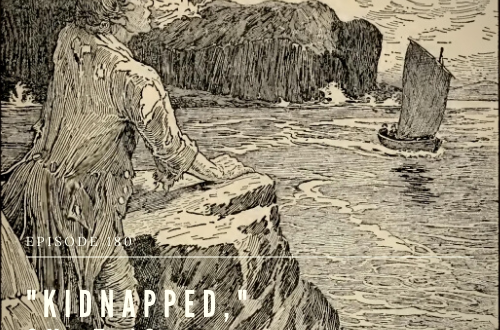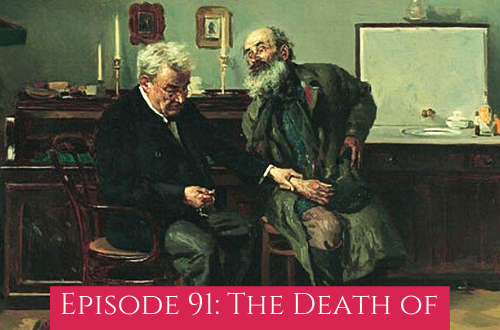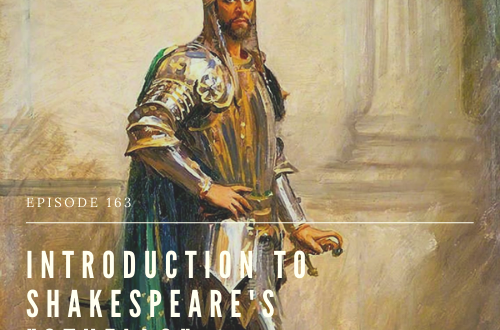
Episode 225: “Agnes Grey” by Anne Brontë, Ch. 6-11
On this week’s episode of The Literary Life Podcast, Angelina and Thomas continue their series of discussions on Anne Brontë’s novel Agnes Grey. They open the conversation about this novel with some thoughts on the differences between Agnes Grey and Jane Eyre and Anne and Charlotte Brontë. Angelina poses the question as to whether this novel crosses the line into didacticism or if it stays within the purpose of the story and the art.
In discussing the education of Agnes’ charges in these chapters, Angelina has a chance to expand upon the upbringing of Victorian young women. She and Thomas discuss the position of the curate and Agnes’ spiritual seriousness, as well as the characters of Weston and Hatfield as foils for each other. Thomas closes out the conversation with a question as to whether Agnes Grey is as memorable a character as Jane Eyre or Catherine Earnshaw and why that is.
Check out the schedule for the podcast’s summer episodes on our Upcoming Events page.
In July, Dr. Jason Baxter will be teaching a class titled “Dostoyevsky’s Icon: Brothers Karamazov, The Christian Past, and The Modern World”, and you can sign up for that or any of the HHL Summer Classes here. Sign up for the newsletter at HouseofHumaneLetters.com to stay in the know about all the exciting new things we have coming up!
Listen to The Literary Life:
Commonplace Quotes:
In wit, as nature, what affects our hearts/ Is not the exactness of peculiar parts;/ ‘Tis not a lip, or eye, we beauty call,/ But the joint force and full result of all.
Alexander Pope, from “An Essay on Criticism”
In any case, it is Charlotte Brontë who enters Victorian literature. The shortest way of stating her strong contribution is, I think, this: that she reached the highest romance through the lowest realism. She did not set out with Amadis of Gaul in a forest or with Mr. Pickwick in a comic club. She set out with herself, with her own dingy clothes and accidental ugliness, and flat, coarse, provincial household; and forcibly fused all such muddy materials into a spirited fairy-tale.
G. K. Chesterton, The Victorian Age in Literature
My Heart Leaps Up
By William Wordsworth
My heart leaps up when I behold
A Rainbow in the sky:
So was it when my life began;
So is it now I am a man;
So be it when I shall grow old,
Or let me die!
The Child is father of the man;
And I wish my days to be
Bound each to each by natural piety.
Book List:
Ten Novels and Their Authors by W. Somerset Maugham
1984 by George Orwell
The Jungle by Upton Sinclair
Wuthering Heights by Emily Brontë
Support The Literary Life:
Become a patron of The Literary Life podcast as part of the “Friends and Fellows Community” on Patreon, and get some amazing bonus content! Thanks for your support!
Connect with Us:
You can find Angelina and Thomas at HouseofHumaneLetters.com, on Instagram @angelinastanford, and on Facebook at www.facebook.com/ANGStanford/
Follow The Literary Life on Instagram, and jump into our private Facebook group, The Literary Life Discussion Group, and let’s get the book talk going! http://bit.ly/literarylifeFB
Subscribe to The Lit Life:








